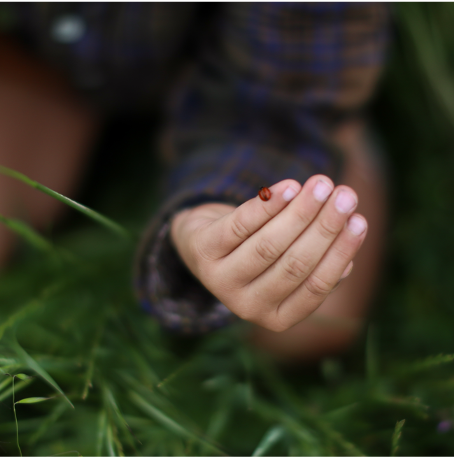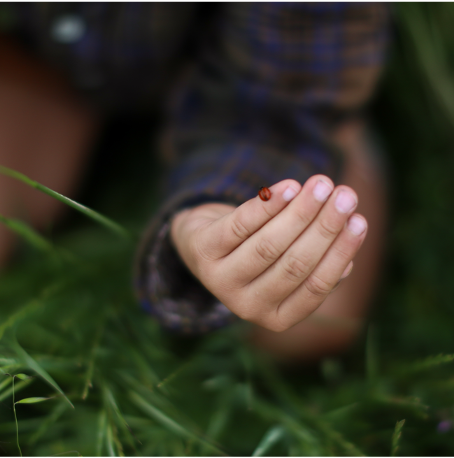
Farm on Washignton
Frequent Questions
What do I get from becoming a founding supporter?
First of all, thanks for even considering it. Without people like you, none of this would be possible. The main benefit of your support is 100% of funds going directly to creating a world-class regenerative farm for the community to enjoy. Your support will also be recognized on our Founding Supporters page (optional). Your support will also give you first access to a farm membership and farm ownership as soon as those are available. Ultimately, you support things like this because they matter to you - and we applaud you for that.
How do I visit the farm?
One of our primary missions is reconnecting people to their food. We will be hosting many volunteer days, field days, and workshops for our community and you will absolutely be invited to all of that! If you would like to arrange a tour, please reach out to info@primalpastures.com.
How do I know the funds will go towardland stewardship?
100% of the support funds will go directly toward regenerating the land. We will not use any of it for administration or management fees, meaning you are truly maximizing your impact. Examples are tree sourcing and planting, establishing grazing paddocks, implementing water-wise irrigation, and much more.
Who is responsible for farm management?
Overall project management is led by Paul Greive and Rob McDaniel, founders of Primal Pastures and Pasturebird with combined experience in local regenerative ag spanning over 20 years. Orchard management is handled by Matt Stewart. We have an excellent advisory network including Scott Murray, Brian Stewart, Tom McDaniel, Teri Biancardi, Bob Dunkle, and many more.
"Thy Small Farm Shalt"
BY BOOKER T. WHATLEY
1. Provide year-round, daily cash flow.
2. Be a pick-your-own operation.
3. Have a guaranteed market with a Clientele Membership Club.
4. Provide year-round, full-time employment.
5. Be located on a hard-surfaced road within a radius of 40 miles of a population center of at least 50,000, with well-drained soil and an excellent source of water.
5. Produce only what their clients demand—and nothing else!
6. Shun middlemen and middlewomen like the plague, for they are a curse upon thee.
7. Consist of compatible, complementary crop components that earn a minimum of $3,000 per acre annually.
8. Be 'weatherproof', at least as far as possible with both drip and sprinkler irrigation.
9. Be covered by a minimum of $250,000 worth ($1 million is better) of liability insurance.

